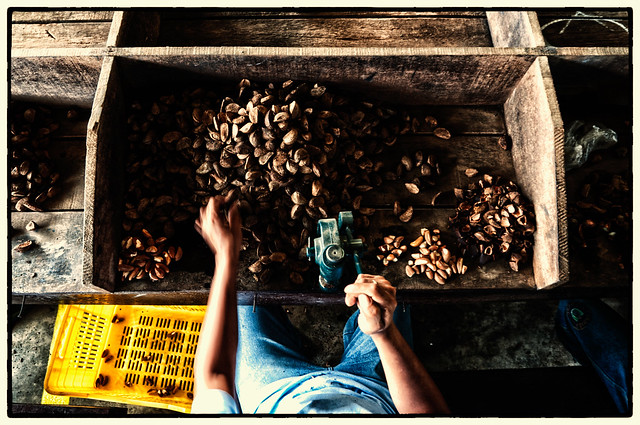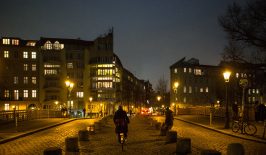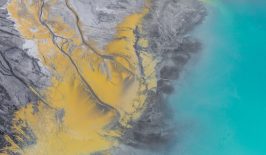A Brazilian organization is supporting a low carbon economy in the Amazon while raising awareness for indigenous communities and their history – all with a help of a green certification and a QR code.
Forests support biodiversity and different habitats and are crucial for protecting watersheds and regulating the water cycle. They also stabilise the climate, purify the air and enrich the soil. So, why are we cutting them down? The Amazon, an ecosystem that is considered by many to be nature’s best defense against global warming, with its trees absorbing huge amounts of carbon dioxide and which is also home to more than 3000 indigenous communities, is shrinking every year.
Brazil’s current president isn’t helping matters. His policies have increased the deforestation rates in the Amazon, and he has been accused of making “anti-indigenous” policies too. One of his first moves after taking up office was to get rid of the government offices responsible for the education and health of indigenous people, and to hand decisions on indigenous land over to the Ministry of Agriculture with a view to opening up previously-protected areas of the Amazon to large-scale agriculture and commercial mining. There are currently approximately 900,000 people (belonging to 305 different tribes) living in Brazil’s Amazon.
One Brasilian NGO, Imaflora, based in the state of Sao Paulo, is fighting back and working to preserve the forest by supporting the indigenous communities that live there through a range of different projects. One of the projects, called Origens Brasil is a combination of brand, certification and digital platform that connects buyers with sustainable indigenous producers in the Amazon. It’s also a multi-sector network – of producers, companies and consumers.
The tool was launched in 2016 in collaboration with the Socio-Environmental Institute (ISA is the Portuguese acronym) and financed by the sustainable development fund Fundo Amazônia. Imaflora was recognised internationally recently, when it won the FAO’s Award for Innovation and Digitalization of Sustainable Food Systems for the Origens Brasil project. This award aims to recognize innovations with a positive impact on supply chains and strengthen the link between farmers and consumers.
Transparency and tradition
The products sold within the Origens Brasil project are registered on a digital platform and supplied with a QR code that allows both buyers and consumers to track the product’s origin and history, thus increasing transparency and helping consumers identify companies and products that value and respect – in their commercial practices – the indigenous populations and their territories. As well as opening the indigenous products to new markets – and promoting the economic participation of women and young people – it also encourages ethical commercial relations built on dialogue, transparency and balance, and respect for the diversity of indigenous’ people’s traditional ways of life.
Scanning the QR code (also in Origens Brasil’s logo), the consumer is provided with information about the origin of the product, the story of its producers, information about the region, the journey that the products travel, and even how much the distributors bought the products for.
Currently, there are more than 40 different products with the Origens Brasil range. The range of products includes food but also traditional crafts: from chocolate, oils, Brazil nuts, pepper and honey to traditional woven baskets, shoes and painted fabrics. These artesanal products of course tend to have a whole host of intrinsic environmental valuestoo: the fruits of sustainable, traditional extractive production with a low impact on natural resources.
Origens Brasil is currently working with more than 1,500 producers from 34 different ethnic groups, 14 companies and 40 organizations and local communities. They also operate in 36 protected areas.
The project will hopefully be able to spread in the future and positively impact even more communities – in spite of the country’s current political situation. However, the Brazilian government recently announced that it wanted to alter the way Fundo Amazônia (the project’s source of funds) is run. The two European nations that donate most money to it reacted by announcing that they might, if unhappy with the changes, stop making donations or even take back unused money. Fingers crossed the fund can continue supporting projects like this in the future – ones that go against the political grain and value the natural biodiversity of the Amazon, and the people who live there.




